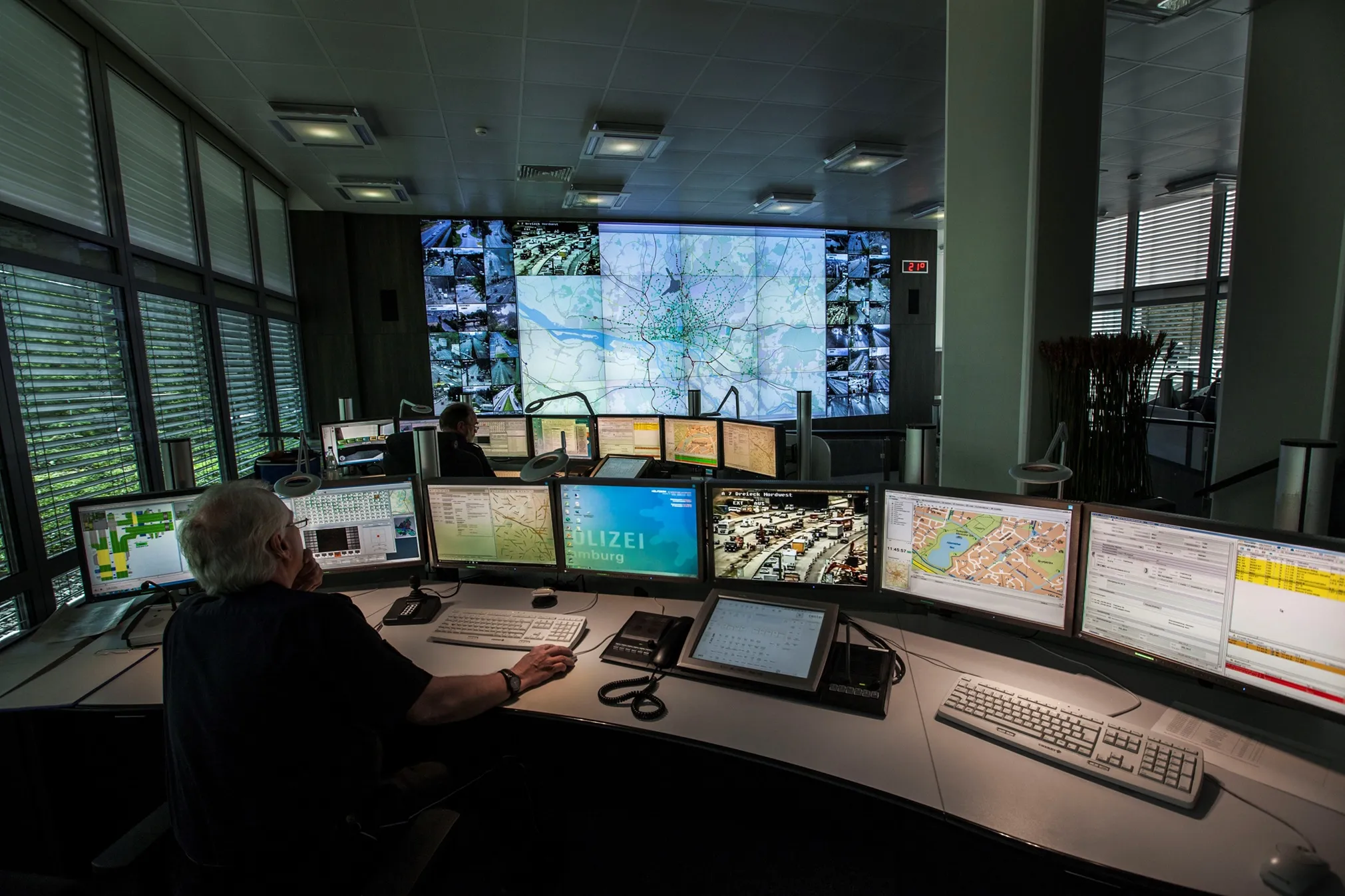PANDHUB, a three-year international project coordinated by the
The objective of the project is to assess threats, to forecast and to model and develop preparedness and ways to limit the spread of serious high-threat infections in transport hubs, such as airports and underground and train stations. The project also involves testing and developing tools, such as modern, fast mobile tools, for dealing with pandemic threats.
The outcomes of the project will be helpful in analysing risks, preparing for emergencies and planning responses. It will also produce instructions for effectively cutting off different routes of transmission and for protecting, cleaning and decontaminating people and facilities.
VTT’s role in the project is to develop risk analyses, protection and decontamination techniques. Finnish businesses will be able to make use of the project’s outcomes in developing ventilation, filtering and pathogen reduction solutions.
International project to develop ways of reducing spread of disease by transport
PANDHUB, a three-year international project coordinated by the VTT Technical Research Centre of Finland, is developing ways of reducing the risk of pandemics and managing other high-threat pathogen incidents in transport hubs. The objective of the project is to assess threats, to forecast and to model and develop preparedness and ways to limit the spread of serious high-threat infections in transport hubs, such as airports and underground and train stations. The project also involves testing and developing
April 27, 2016
Read time: 2 mins









